The world of racing has long been dominated by men, but throughout history, several remarkable women have broken barriers and left an indelible mark on the sport. These trailblazing women have not only competed at the highest levels but have also paved the way for future generations of female racers. Their stories are a testament to resilience, skill, and the relentless pursuit of equality in motorsport.
Trailblazers of the Early 20th Century
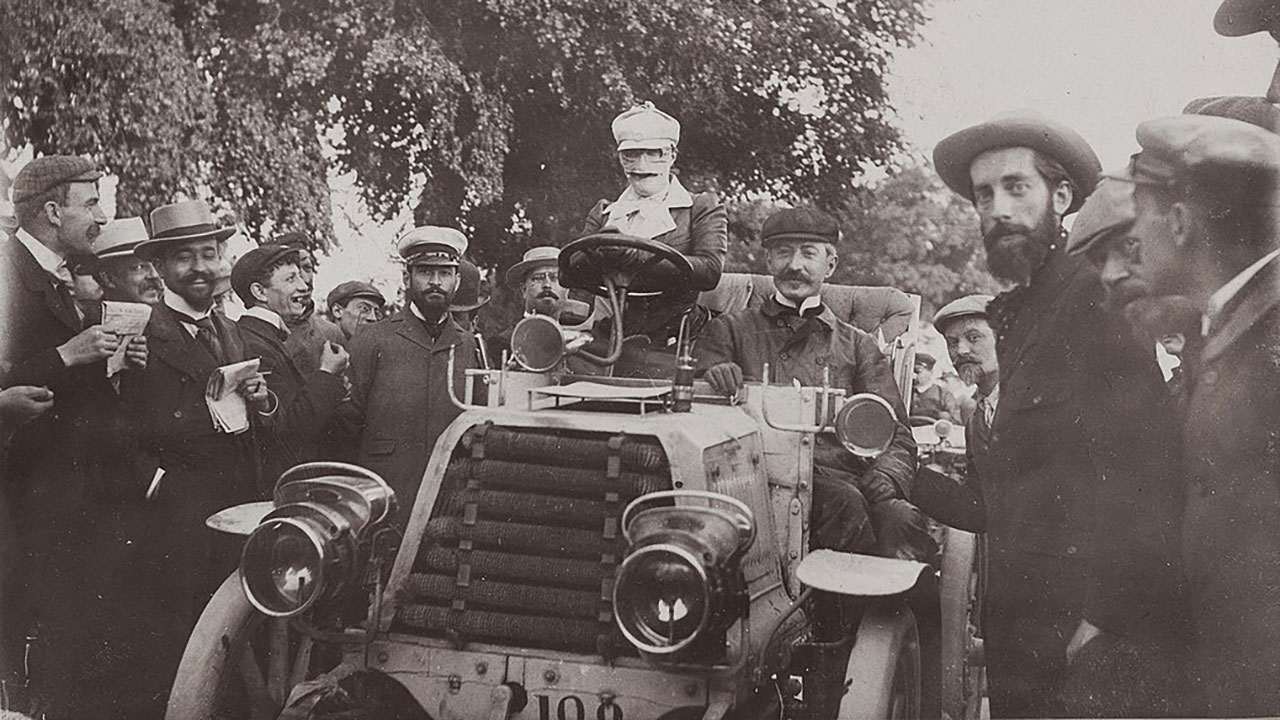
In the early 1900s, Camille du Gast emerged as one of the first women to make a significant impact in motorsport. Known for her daring spirit, du Gast competed in the 1901 Paris-Berlin race, a grueling event that tested the limits of both driver and machine. Her participation was groundbreaking at a time when societal norms largely restricted women to domestic roles. Du Gast’s courage and determination laid the groundwork for future female racers, proving that women could compete alongside men in the demanding world of motorsport.
Another pioneering figure was Hellé Nice, a French model turned race car driver who captivated audiences with her charisma and skill. Nice competed in numerous Grand Prix races during the 1930s, often facing fierce competition from her male counterparts. Her most notable achievement came in 1931 when she won the all-female Grand Prix at Montlhéry, France. Nice’s success challenged gender expectations and inspired many women to pursue their passion for racing, despite the societal barriers they faced.
Breaking Barriers in Motorsport

Janet Guthrie made history in the 1970s as the first woman to compete in both the Indianapolis 500 and the Daytona 500. Her entry into these prestigious events marked a significant milestone for women in motorsport. Guthrie’s perseverance in the face of skepticism and discrimination showcased her exceptional talent and determination. Her achievements opened doors for future female racers and highlighted the need for greater diversity in the sport.
Michèle Mouton, a French rally driver, further shattered barriers in the 1980s by becoming the first woman to win a World Rally Championship event. Mouton’s victory in the 1981 Sanremo Rally was a testament to her skill and tenacity. She went on to finish second in the 1982 World Rally Championship, proving that women could compete at the highest levels of motorsport. Mouton’s success inspired a new generation of female rally drivers and emphasized the importance of gender equality in racing.
Lyn St. James, another trailblazer, made significant contributions to the advancement of women in motorsport. As a successful driver in the 1980s and 1990s, St. James became an advocate for female racers, promoting diversity and inclusion within the industry. Her efforts have helped to create opportunities for women in racing, ensuring that future generations have the support and resources they need to succeed.
Women in Formula Racing
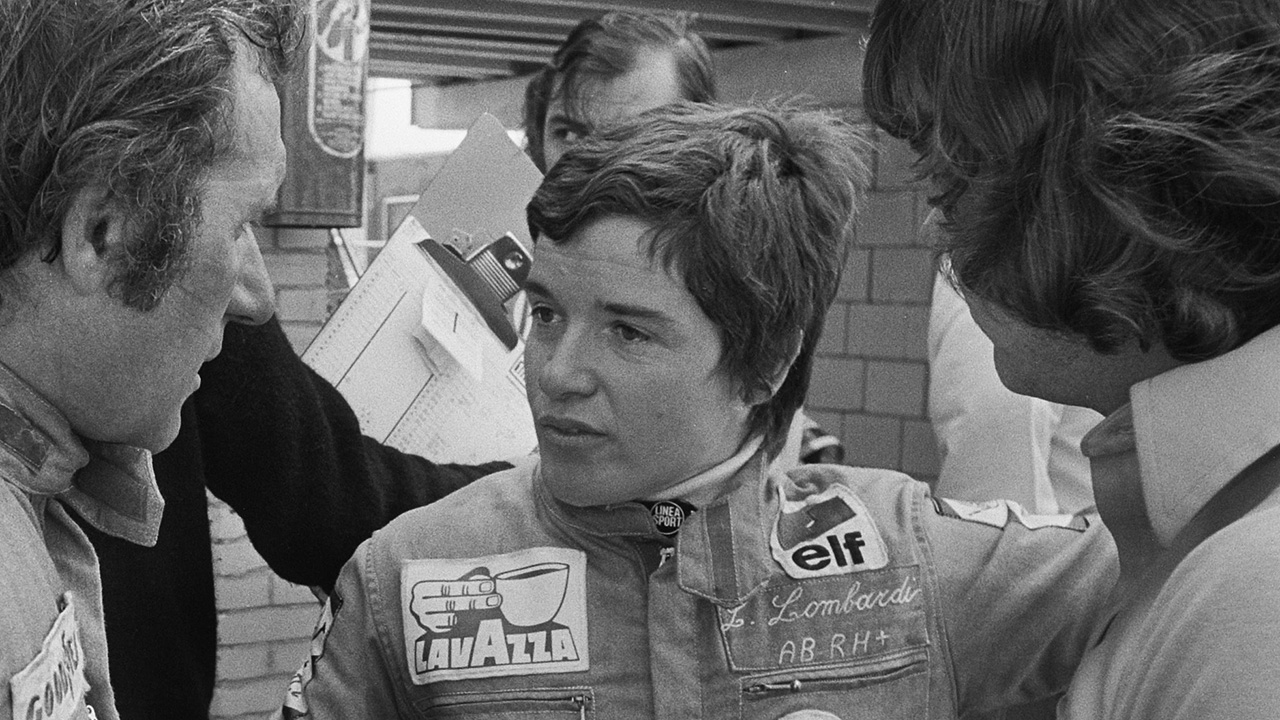
Lella Lombardi remains a legendary figure in Formula One history as the only woman to score points in a race. Her sixth-place finish at the 1975 Spanish Grand Prix was a landmark achievement, demonstrating that women could excel in the highly competitive world of Formula One. Lombardi’s success challenged the status quo and inspired many women to pursue careers in motorsport, despite the challenges they faced.
In more recent years, Susie Wolff has made significant strides in Formula racing. As a development driver for Williams F1, Wolff broke new ground by participating in several practice sessions during the 2014 and 2015 seasons. Her involvement in Formula One highlighted the potential for women to succeed in the sport and paved the way for greater female participation. Wolff’s impact extends beyond the track, as she continues to advocate for gender equality in motorsport through initiatives like Dare to be Different, which aims to inspire and support young women in racing.
The introduction of the W Series in 2019 marked a significant step forward for women in motorsport. This all-female racing championship provides a platform for talented female drivers to showcase their skills and compete on an international stage. The W Series has been instrumental in promoting female talent and increasing visibility for women in racing, helping to create a more inclusive and diverse motorsport industry.
Rising Stars and Modern Achievements
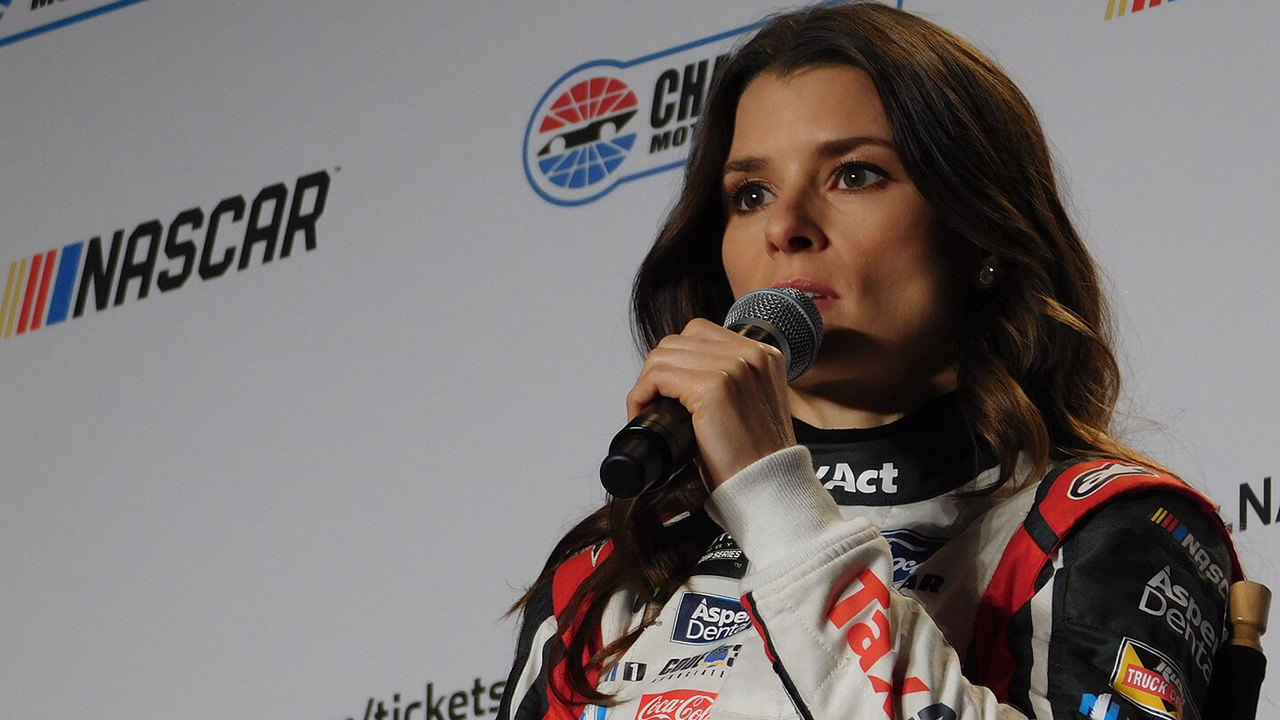
Danica Patrick is perhaps one of the most recognizable names in modern motorsport. Her achievements in both IndyCar and NASCAR have cemented her status as a trailblazer for women in racing. Patrick’s victory at the 2008 Indy Japan 300 made her the first woman to win an IndyCar Series race, a historic accomplishment that inspired countless young women to pursue careers in motorsport. Her success in NASCAR further demonstrated her versatility and skill, proving that women could compete at the highest levels of racing.
Jamie Chadwick, a rising star in the world of motorsport, has quickly made a name for herself with her impressive performances in the W Series. As the inaugural champion of the series in 2019, Chadwick has become a role model for aspiring female racers. Her success has highlighted the importance of providing opportunities for women in motorsport and has inspired a new generation of female drivers to pursue their dreams.
Contemporary female racers continue to reshape the landscape of racing, challenging stereotypes and inspiring the next generation. Their achievements serve as a powerful reminder of the potential for women to excel in motorsport and the importance of creating a more inclusive and diverse industry.
The Future of Women in Racing
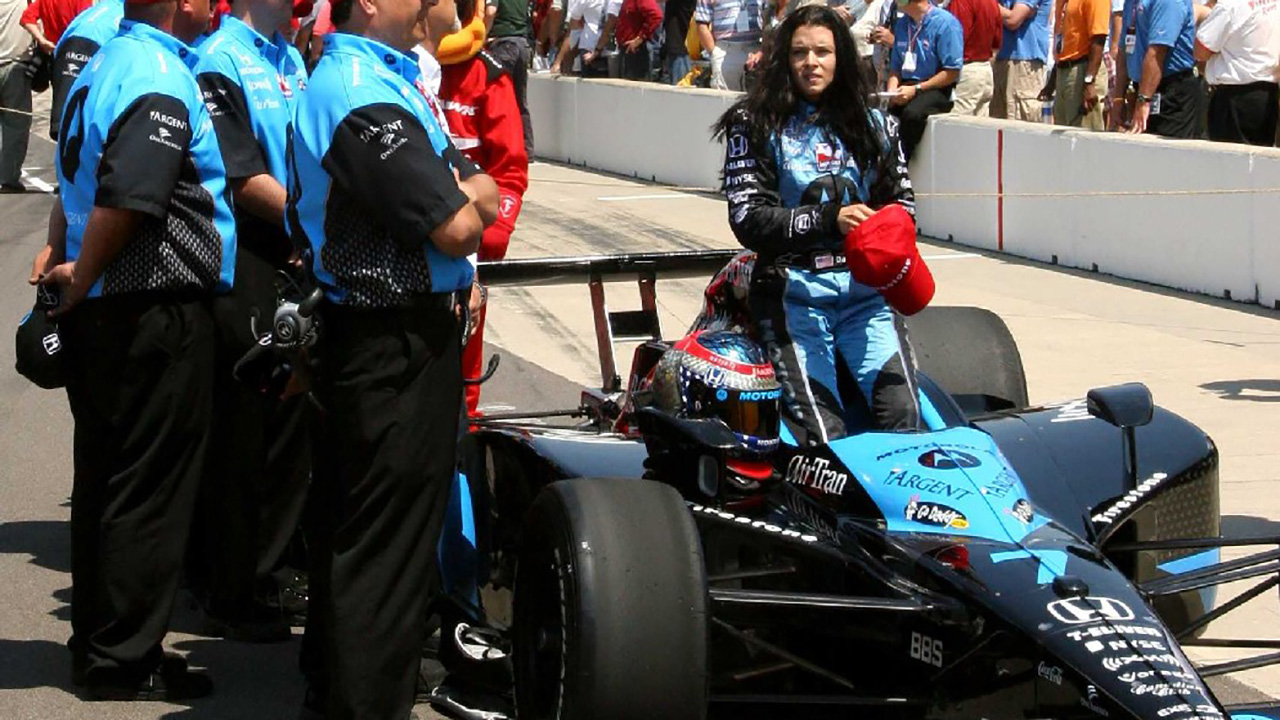
Organizations and initiatives aimed at increasing female participation in motorsport play a crucial role in shaping the future of the industry. Programs like the FIA Women in Motorsport Commission work tirelessly to promote gender equality and support female racers at all levels. These efforts are essential in creating a more inclusive environment and ensuring that women have the resources and opportunities they need to succeed in racing.
Despite the progress that has been made, challenges remain for women in motorsport. Gender bias and limited opportunities continue to hinder the advancement of female racers. However, the growing support for diversity and inclusion within the industry offers hope for a more equitable future. By addressing these challenges and promoting greater representation, the racing world can become a more welcoming and supportive space for women.
The vision for a more inclusive and diverse racing industry is one where talent and skill are the primary determinants of success, regardless of gender. As more women break into the sport and achieve success, the barriers that once limited their participation continue to erode. The future of women in racing is bright, with endless possibilities for growth and achievement.
Like Fast Lane Only’s content? Be sure to follow us.
Here’s more from us:
*Created with AI assistance and editor review.

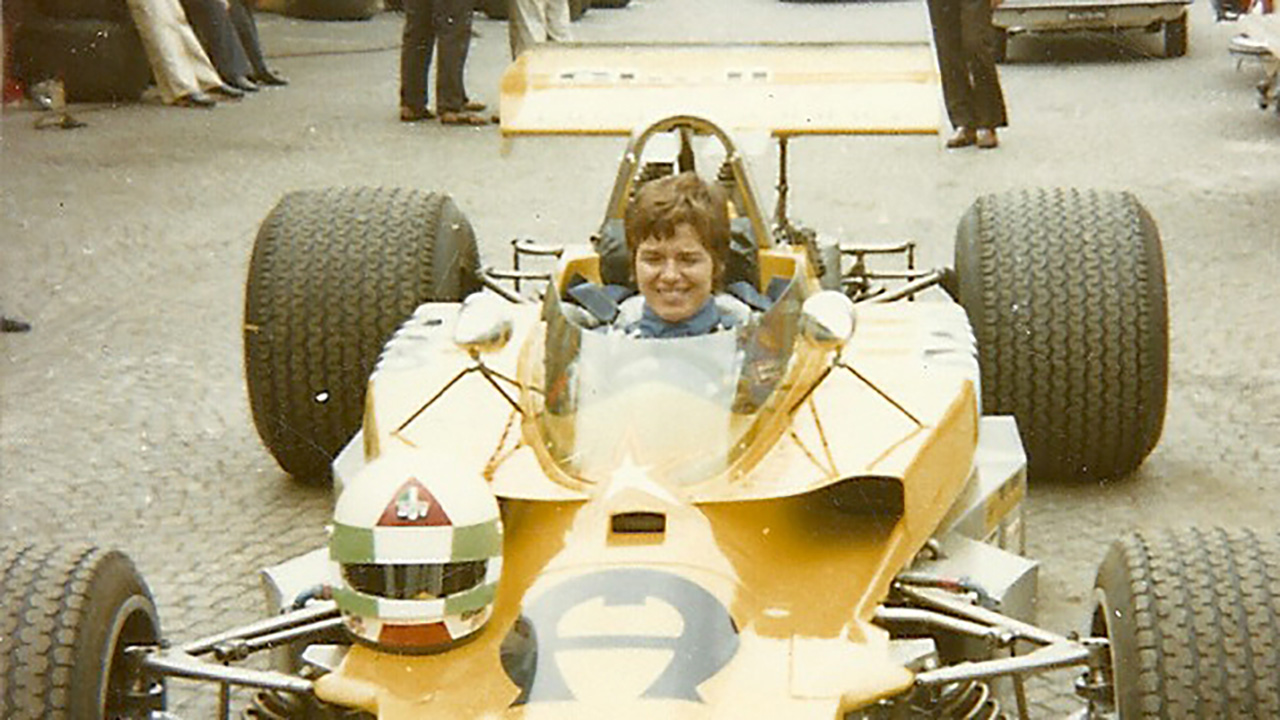
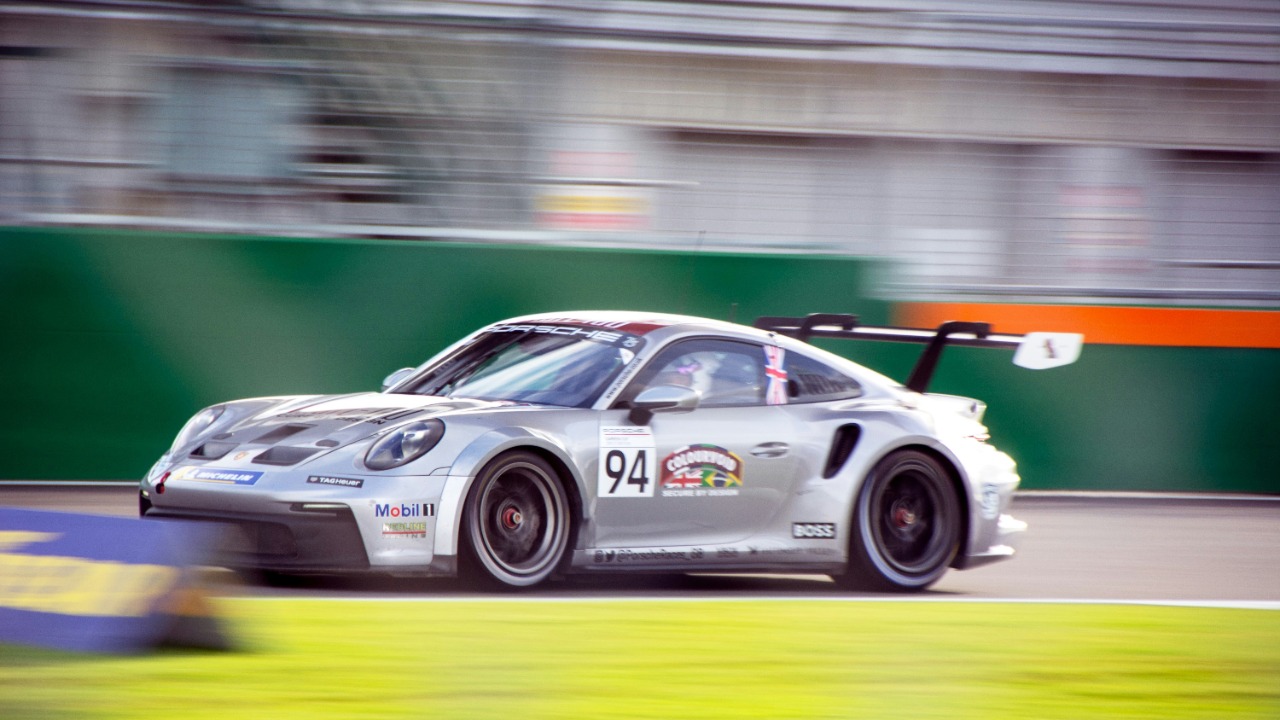
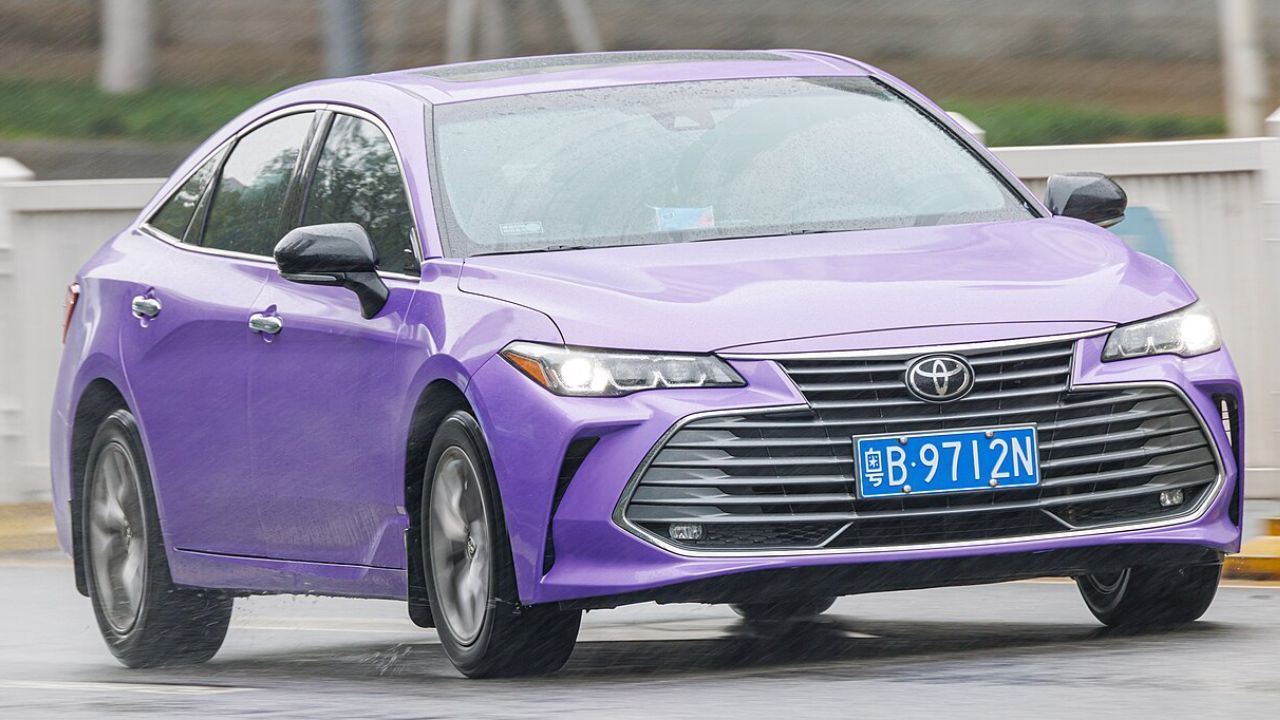


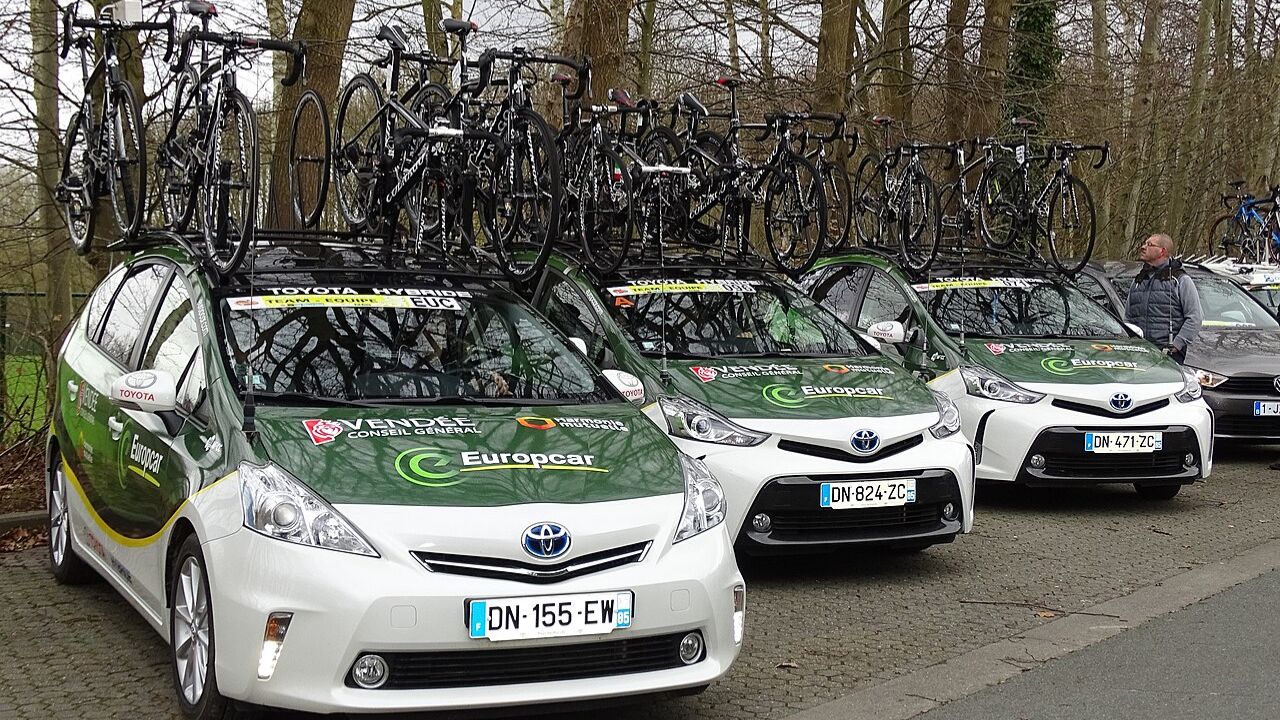
Leave a Reply